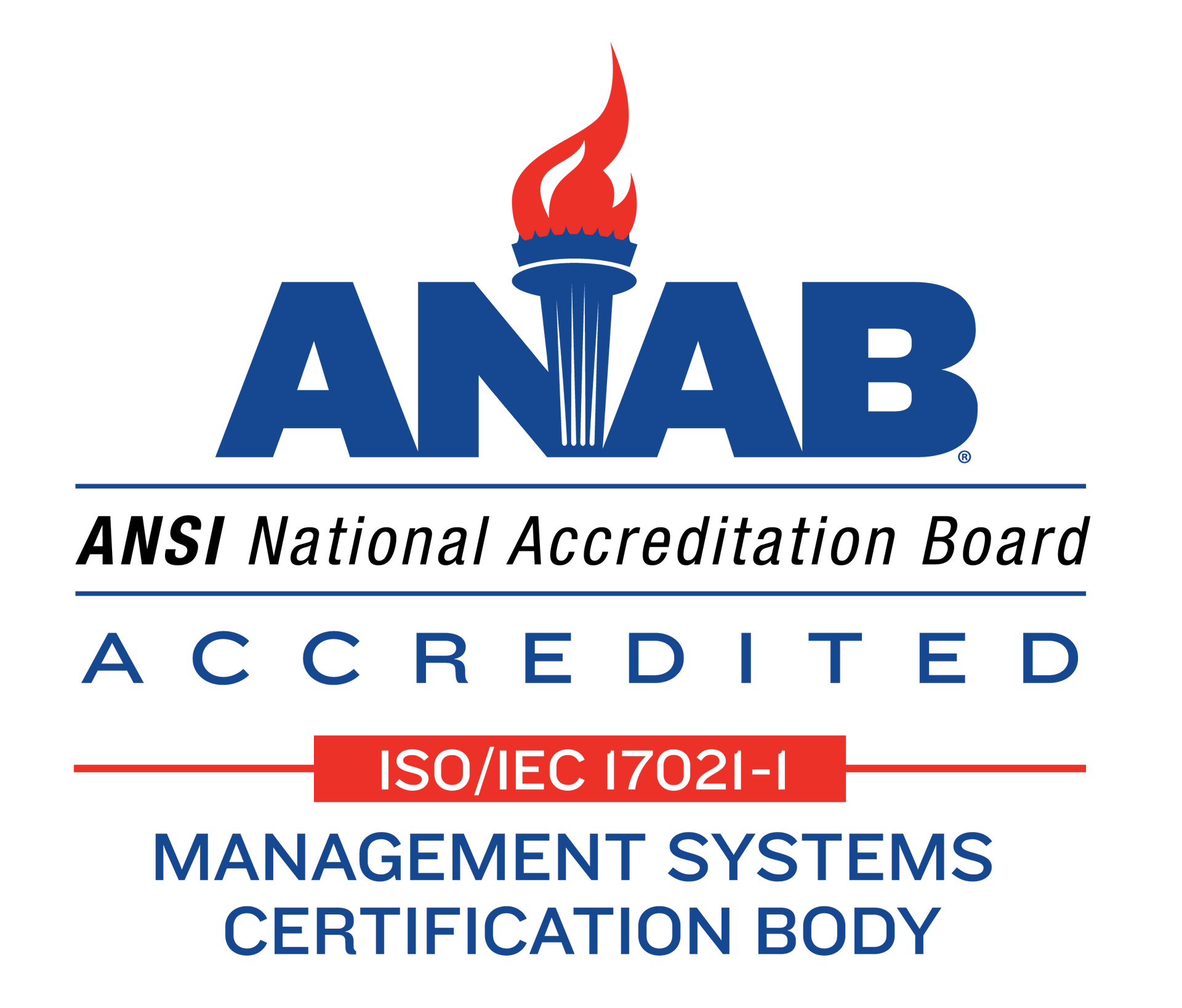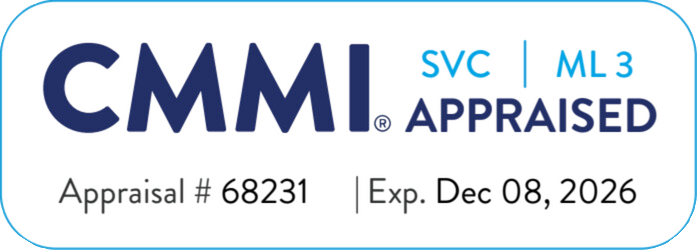The Delicate Dance between Being Effective and Being Right

Last week, I accomplished a major feat. For the first time in over 10 years of trying, I finally solved The NY Times crossword puzzle without any outside help. Nope… not either of the notoriously hard weekend puzzles. Just the run-of-the-mill Monday version — the easiest one they publish weekly. Underwhelming you say… maybe. My kid was definitely nonplussed. I’m convinced though, one of you is cheering me on because I got every one of the answers right.
There’s something powerful about being right. In our professional lives, the more ‘good calls’ we make, the more people begin to count on us for information. The more answers we have, over time we become a source of truth, etc. It’s a position that in most cases has been earned. You’ve done the due diligence — are well-read on various subjects, studied differentiated problem sets, and delivered consequentially on major projects. It’s a big reason why you are in a place of influence today.
When that role evolves your responsibility to be a multiplier that leads others to deliver results, the complexities arise. Your job is to marshal a team (or teams) towards a common goal, and that almost never comes without conflict. And there’s this thing about being ‘right’ – which comes from a place associated with a personal or moral construct about as often as it is tied to a statement than can be (dis)proven as factual.
The truth is (this word seems so loaded given our topic) that we rarely have ownership on the facts – rather we have perspectives and hope to control the narrative based on our experience. As builders we want teammates who are bold and driven by morals that inform their behaviors and decision-making. We also need their consideration of multiple viewpoints to drive the effectiveness of the organization without feeling like they have compromised their ethics.
When the conflict gets to you, your team is now seeking to act on your direction when all you’ve been trying to do in your role is to figure out how to get them to act without your direction. In this moment, my submission here is that your job is not to solve for right—it’s to solve for consideration. Because time is never our friend and there is so much to do, we often try to get to the punchline too fast and gloss over the fact that the multiple points of view may all be right. We miss the opportunity to ‘Disassociate the Principle from the Person’ to understand not only the issues at hand, but the motivations driving the position. It’s our job to elevate motivations to not only understand, but to make sure their teammates do as well. Because to be effective, you need the next problem to be resolved without you.
Sometimes you can’t solve the unsolvable—but your failure as a leader will be if you didn’t try to create an environment where the right discussions take place and people can be effective and respected despite their differences. Often the team is looking for you to execute on their behalf everything they have seen or heard about you-- and that's when it matters. Doing this consistently and doing it well are the moments that earn you credibility and build the trust needed for your team to perform at a high level.
Consideration drives Effectiveness… and besides, being right really only counts in Crossword Puzzles. 😊

Courtesy: NY Times - Monday 4/15/2024
















